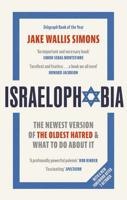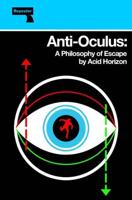Publisher's Synopsis
Everywhere people share certain moral principles - it is bad to steal, to kill, to lie. We see our morality as absolute, yet we live by rules that differ with the context: it is ok to kill the enemy in war; for a businessman to do the best for himself; for a lawyer to argue professionally for a position he would personally reject. We are constantly 'bending the rules', while considering our moral principles as absolute. Robert Hinde, the eminent Cambridge biologist and psychologist, presents a new approach to morality based on combining an evolutionary approach with observations on how people actually behave to show that morality is more subtle than it appears. The complexity of modern societies requires the rules to be somewhat flexible according to the context - personal relationships, science, law, business, politics and war. Some bending of rules is necessary for social cohesion; but too much is destructive. Hinde argues from a humanistic standpoint for a deeper appreciation of the nature of morality, so that we may avoid global catastrophe, and strive for a more ethical, just, and peaceful world.










